Interview: Ana Topoleanu on Motherhood, Film Photography & Feminism
2 10 Share TweetAna Topoleanu is a documentary photographer with a special love for using film to capture intimate stories. She has undertaken projects for several publications including T Magazine – a fashion, travel and lifestyle-dedicated magazine under The New York Times. Born and raised in Romania, she's lived in different countries such as Chile, France, Greece, and Spain before settling down in Mexico.
As a devoted mother, daughter, and documentarian, her projects are a reflection of her passion for storytelling. At the core of her stories are the celebration of one's roots, culture, and the many roles of women in society. We talked about these perspectives and more in this interview.
Hi, Ana! Welcome to the magazine. Can you start off by telling us a bit about yourself?
Since our last conversation, which I believe was in 2017, a significant transformation has taken place in my life—I've become a mother. This experience stands out as the most crucial event that has not only altered my life but also reshaped my identity, career, and values.
While I keep living in Mexico, I've recently relocated to a smaller town near the Pacific. Here, I find the atmosphere dreamy for childhood and healthy for my little family.
Career-wise, I took a hiatus for two years, solely focusing on motherhood and contemplating my next steps. During this time, I pursued a master's degree in Documentary Photography. Studying as an adult has brought a deeper meaning to my educational journey, and I now appreciate it on different levels than I did as a younger student. Additionally, I am an alumnus of VII Academy.
One noteworthy accomplishment that fills me with pride is my ongoing collaboration with T Magazine. Over the past four years, I've had the privilege of working with them, capturing diverse stories throughout Latin America.
My professional portfolio includes various architecture assignments and social media content creation—these are the endeavors that not only sustain me financially but also enable me to lead a comfortable and enjoyable life.
When and how did you get into film photography?
I started my journey into photography with film right from the beginning. When I left Romania for South America, specifically during my year in Chile, I bought my first 35 mm camera—a robust Canon AE-1 from a street market. I was captivated by this sturdy metallic look lying amidst other antique treasures on the floor.
For a whole year, I exclusively shot film in manual mode. Reflecting on that time still brings a smile to my face. Unlike now, I didn't carry a digital camera; the choice was straightforward—film photography. It was also much more cost-effective.
Following that, I got a budget-friendly Leica Mini Lux, which practically became an extension of my arm, always with me. I captured moments at music festivals, by lakes with friends on warm summer days, at home, with family, and during intimate moments with lovers. Shooting film became the catalyst for my profound love for photography.
I believe my passion wouldn't be the same without the adrenaline, concentration, curiosity, and risk that film photography comes with. It's a beautiful addiction.
How long have you been doing documentary work, and what still draws you to it?
My journey in photography has been stable but has been marked by many shifts in pace, interests, and motivation.
I began my career with documentary work, but it wasn't something I had considered as my forte. I was more into fashion, portraiture, and surrealistic art. I didn't give documentary photography much attention until around 2017 when I started receiving assignments covering various social issues. It was during this time, coupled with my experiences in motherhood, that brought the spotlight to documentary photography for me. I realized it is the most noble way for me to have a voice, to share my interests, and to actively engage in themes that deeply resonate with me. I am not making a living solely from this, I pursue it because I genuinely love it.
You've tackled diverse topics. Can you share a few that really impacted you?
As I've mentioned, the theme of motherhood and the role of women in society consistently captivates my attention. This is undoubtedly because I am personally immersed in this experience, making it easier to empathize, delve into intimacy, and navigate the delicate balance between an intimate documentary narrative and art. Noteworthy projects in this realm include "Raw Motherhood”, “Underaged Mothers”, "No Mother," and "You Remind Me of Me," all accessible on my website.
I tend to gravitate towards projects that reflect my experiences or involve close interactions. My affinity for the community I am surrounded by led me to create the series Changarros, focusing on individuals running informal businesses in front of their homes.
Additionally, I embarked on a long-term project exploring my parents and my expat experience—an intimate narrative delving into themes of memory, family love, and connection.
You Remind Me of Me is a very heart-warming project! How's it going now and can you share some major changes from when you started to how it is now?
Oh, I adore this project immensely. I'm a bit biased because Roman is a part of it. I initiated this long-term project when my son was around two years old, entering that phase where he became more human than animal. The project has undergone significant evolution since then.
Initially, it was about me introducing him to things that would have excited me as a child or still excite me as an adult—beautiful blooming flowers, butterflies, imaginative games, emotions, and the like. However, it has now transformed into collaborative documentation. At five years old, he thoroughly enjoys sharing these moments with me and now his role is significantly more proactive in creating these visuals.
Let's talk about gear. What are some of your favorite cameras and film stocks to use?
Currently, my preferred cameras are the Nikon F3 and the Canon A1. I have a fondness for using expired films. The notion that these minuscule canvases have aged and lost their original freshness excites me. It feels like I'm granting them a second life, so whenever the opportunity arises, I opt for them.
I've never been particularly technical, so brand distinctions don't hold much sway for me. However, I've been yearning for a medium-format camera for quite some time now. I still have three medium-format films that you sent me years ago. Hopefully, soon I'll surprise you with the results.
You've used the Lomography XPro 200 ISO 35 mm to photograph rural Romania. How was your experience with it and are there other Lomography films you've been able to try, or would like to try out?
I cherish revisiting the photos I took during that road trip in my rural homeland. It was an extraordinary moment for me—just my big brother, who is also a visual artist, and me embarking on this journey that felt like pure magic. We encountered numerous fascinating, authentic individuals, each brimming with vibrant diversity.
The films truly captured that essence. Somehow, time seemed to stand still in rural Romania, and when you look at those photos, it's challenging to discern whether they were taken in 2017 or 1973. I adore the light leaks and the saturated colors.
Your support of feminism is apparent in your images and the way you talk about and put a focus on the struggles of women. Can you talk to us about the importance of doing this kind of work, especially in a field historically dominated by men?
This is one of the recurring topics that I continually revisit. It seems impossible for women not to embrace feminism when delving into the history of humanity. We are fortunate to enjoy rights and have our voices heard today, but this privilege stems from generations of powerful women who fought for us, and we must honor their legacy.
I am intrigued by how societal expectations shape women — the pressures to be fit, to excel as a loving and present mother, to pursue a thriving career, to be strong yet not too masculine, and to be soft without appearing overly emotional.
I find great joy in being surrounded by women, growing with them, and learning from their experiences. Discovering the power of sisterhood came relatively late in my life. I spent many years in a patriarchal environment where I absorbed the idea that it was somehow preferable to express a preference for men, as they were considered more laid-back, straightforward, and easier to be around. It took years of self-healing to understand the roots of those beliefs, and now, these themes are not only intriguing but also deeply close to my heart.
Do you have any advice for young female photographers, or young photographers in general, about defying norms and using their skills to get to the heart of a story?
My advice would be: choose subjects that interest you and make you curious, try to keep an open mind about different opinions than yours, and gather around you people with the same interests that inspire and make you grow.
Lastly, do you have any future projects in mind you'd like to work on, or maybe a current project you'd like to focus on more?
I have a multitude of ideas scattered across notes, agendas, and bits of paper. Regrettably, many of them will never see the light.
I dream of publishing my first photo book, featuring the project "Dor"—the one capturing the journey of my parents growing old while I navigate expat life on the other side of the planet. I aim to continue working on projects that center around women and their diverse life experiences.
Recently, amid the edges of this dramatic present and uncertain future, an increasing desire has emerged to immerse myself in street photography — a form of therapeutic art. I've committed to allocate at least one day a week to roam the streets, seizing moments, and contemplating the beauty of these everyday public stories.
Photos from this interview are part of Ana's following projects:
DOR: Dor is the emotion that incorporates nostalgia, love, joy, gratitude, and longing that my family and I have been feeling more and more over the years. This is the portrait of my family of origin. They are the ones who have taught me unconditional love and now they are teaching me to appreciate life while they go through the natural, and at the same time very hard, process of aging. It's the portrait of two people I've known for years but feel like I'm just beginning to understand. This story is about the uncertain future, the nostalgic past, and the chaotic present. These photographs detail a family's journey through difficult times, trying to figure out how to stay strong and united.
SELF LOVE: A recurrent theme of the condition of being a woman and the struggle to accept and love oneself.
FOREVER SUMMER: Photographs of my son's life, an ongoing documentary intimate series.
We'd like to thank Ana for sharing her images and stories with us! To view more of her work, visit her website and Instagram Page.
written by sylvann on 2024-02-28 #culture #people #places #mexico #interview #documentary #romania #ana-topoleanu










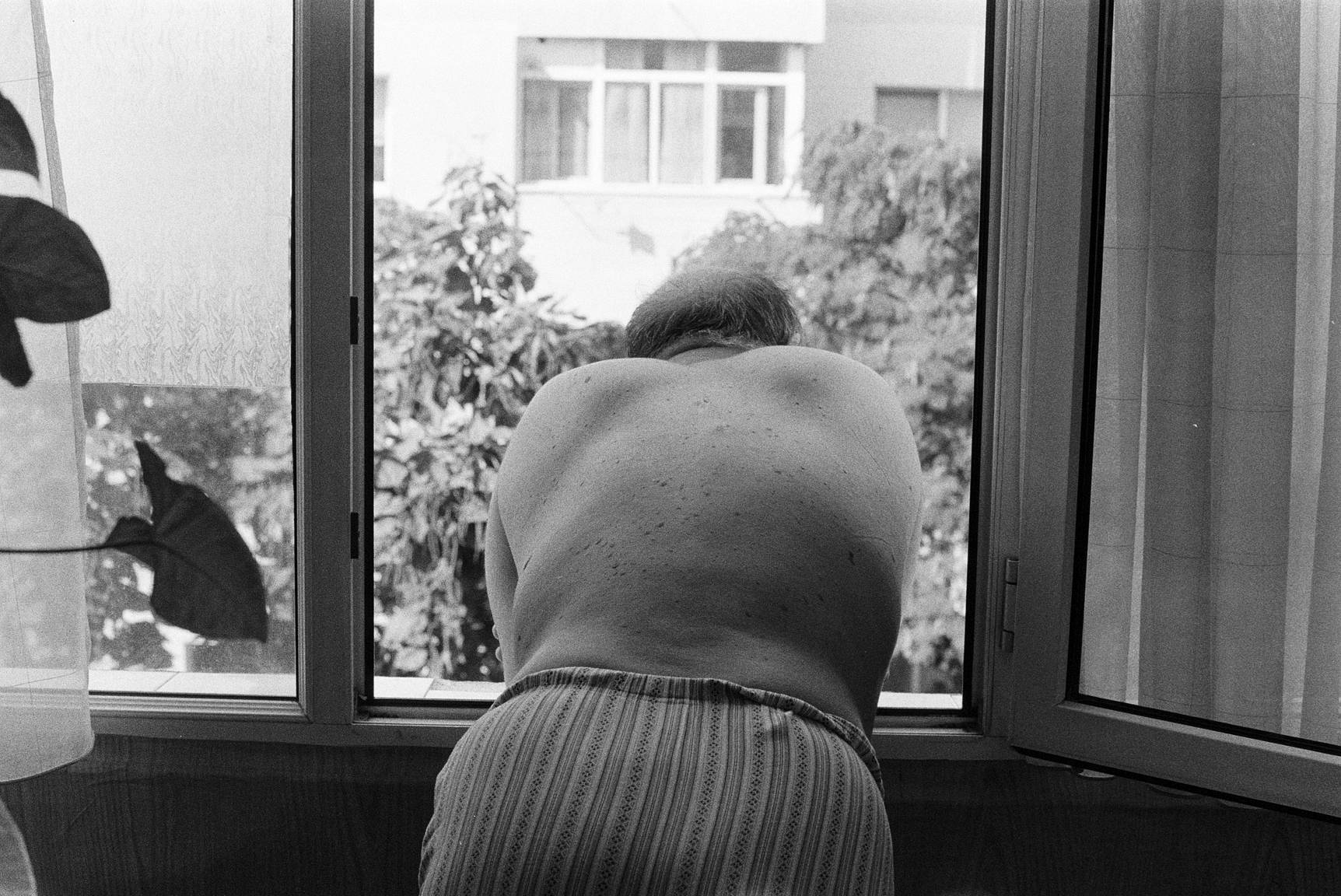
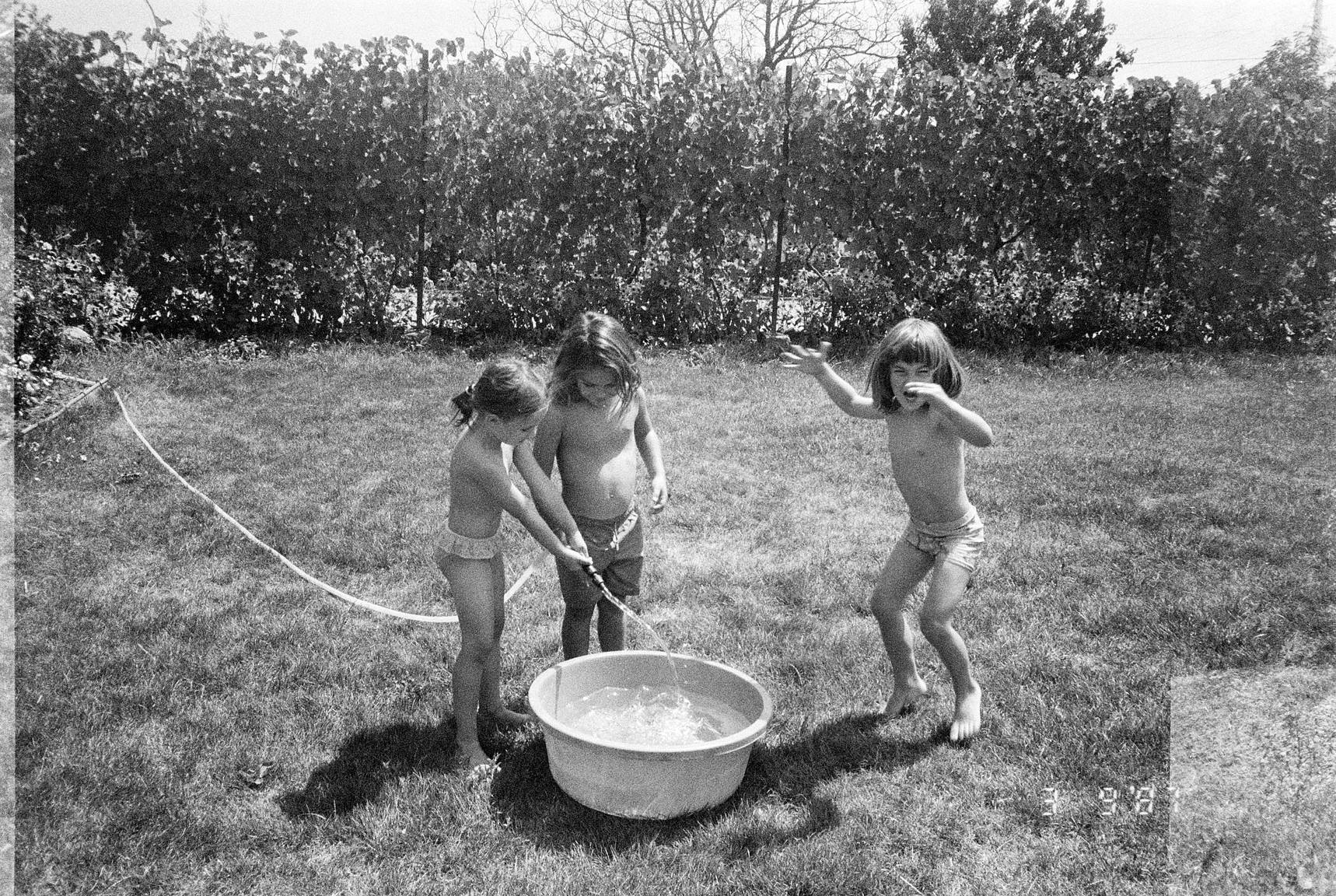
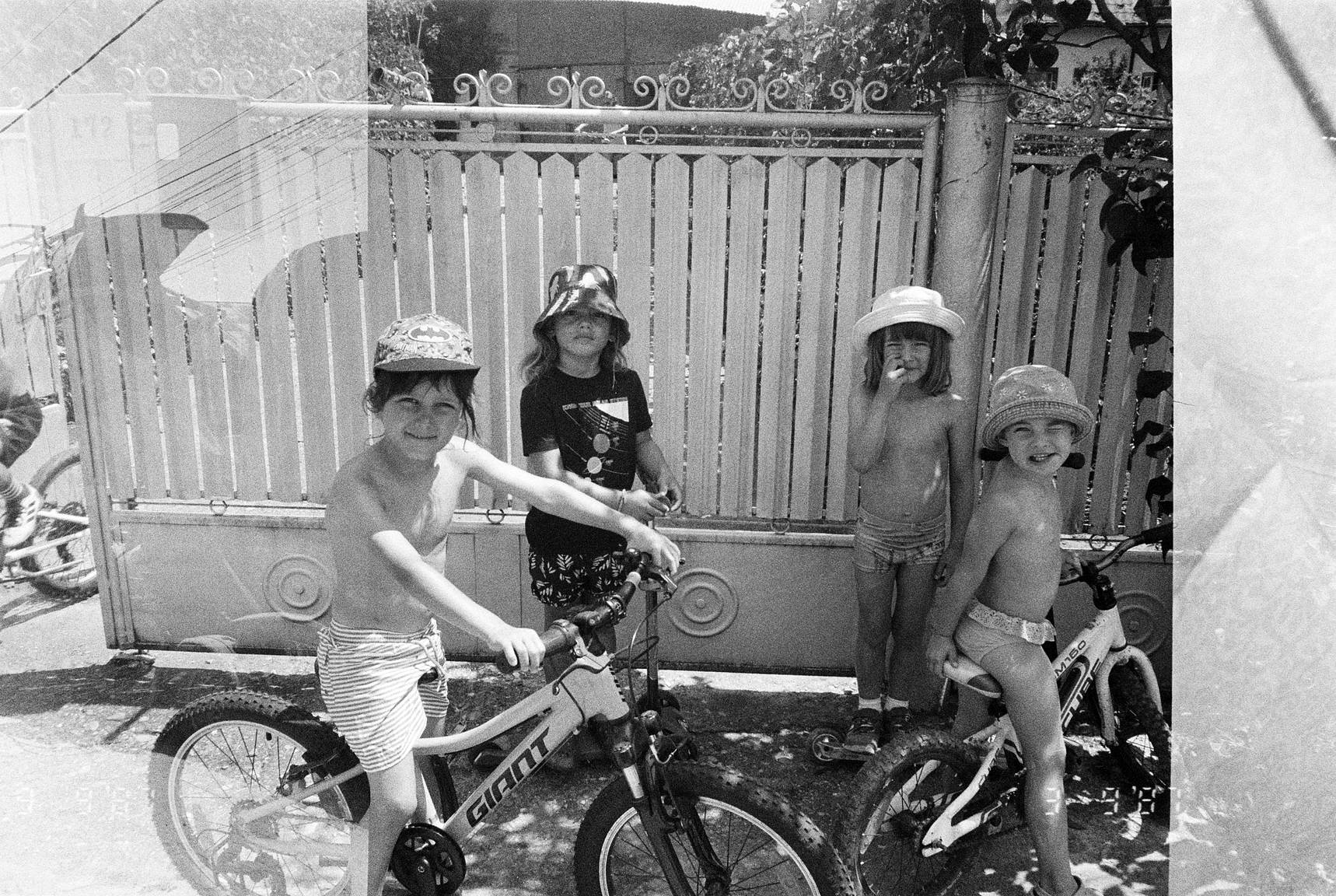





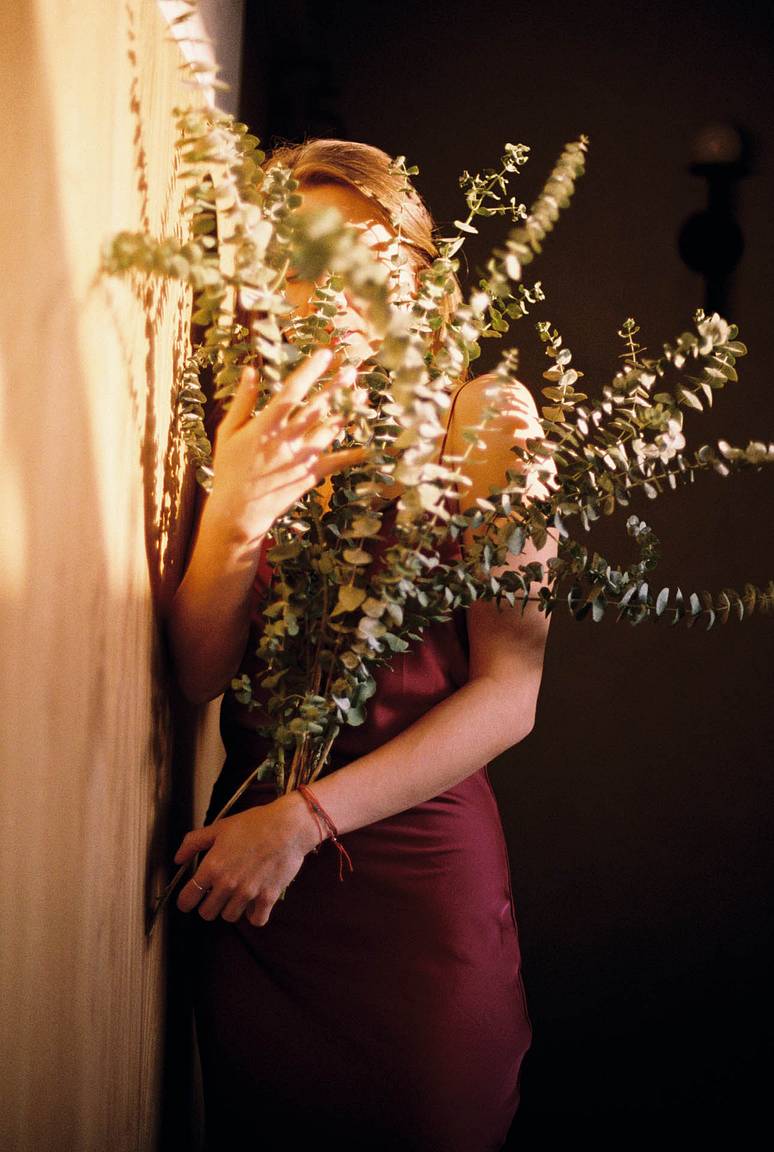








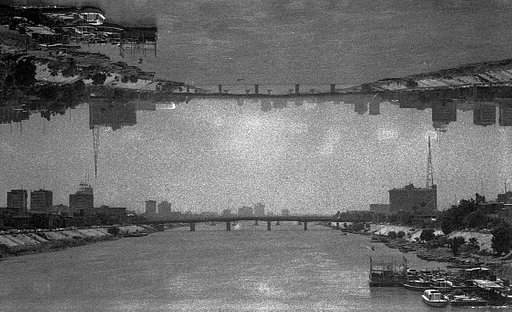

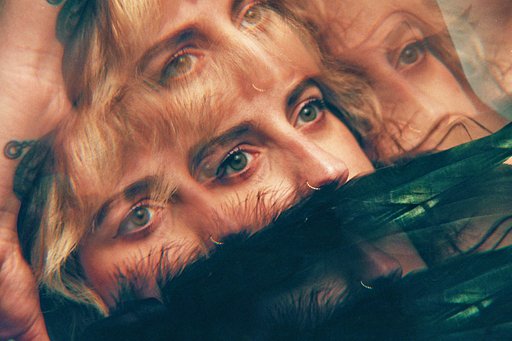








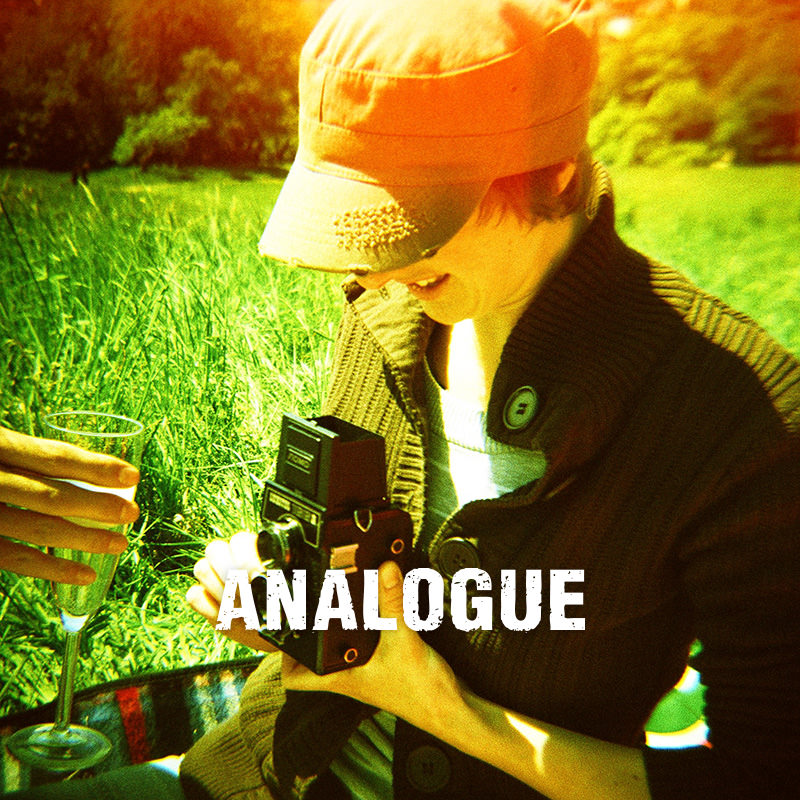
2 Comments